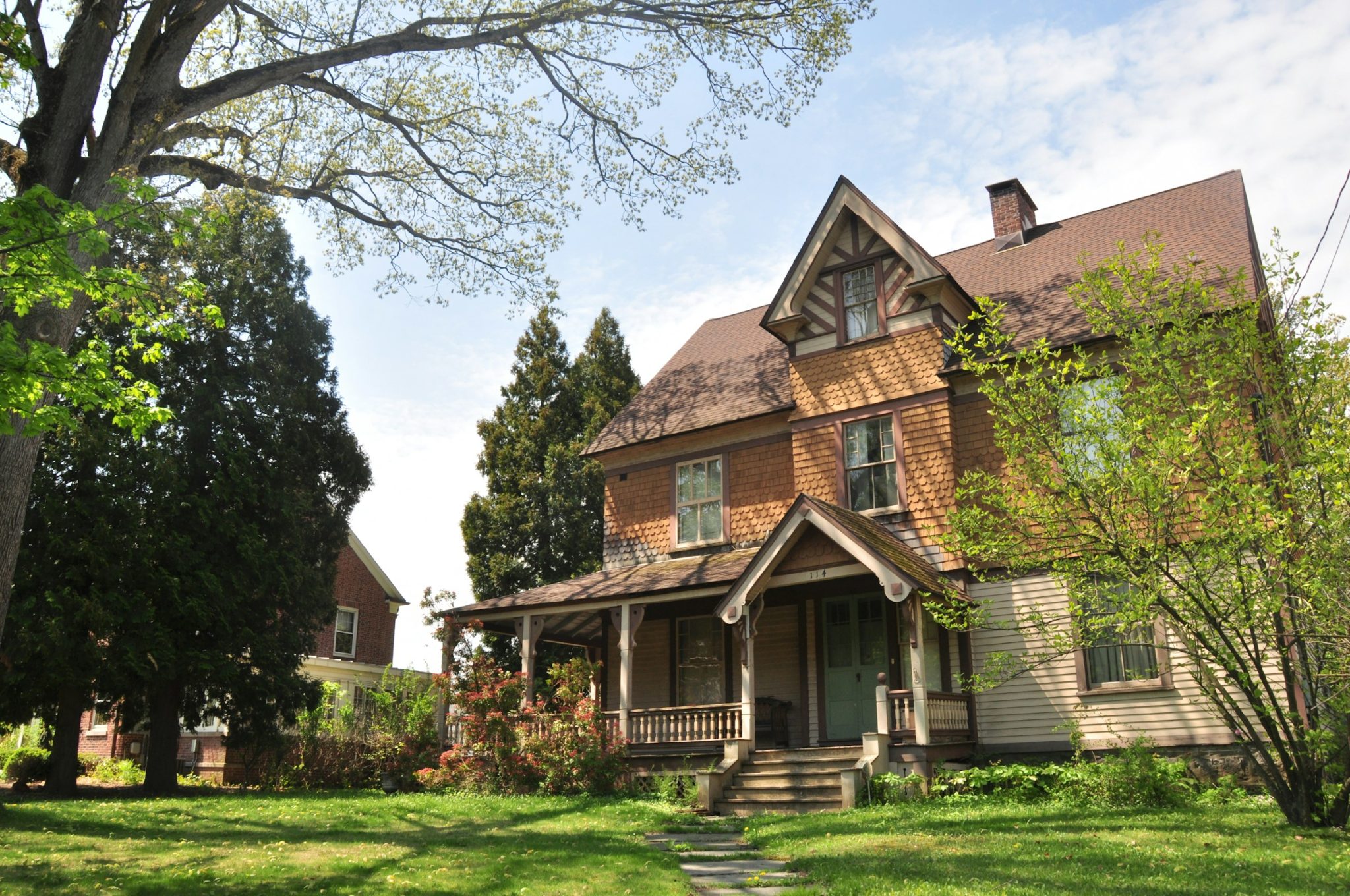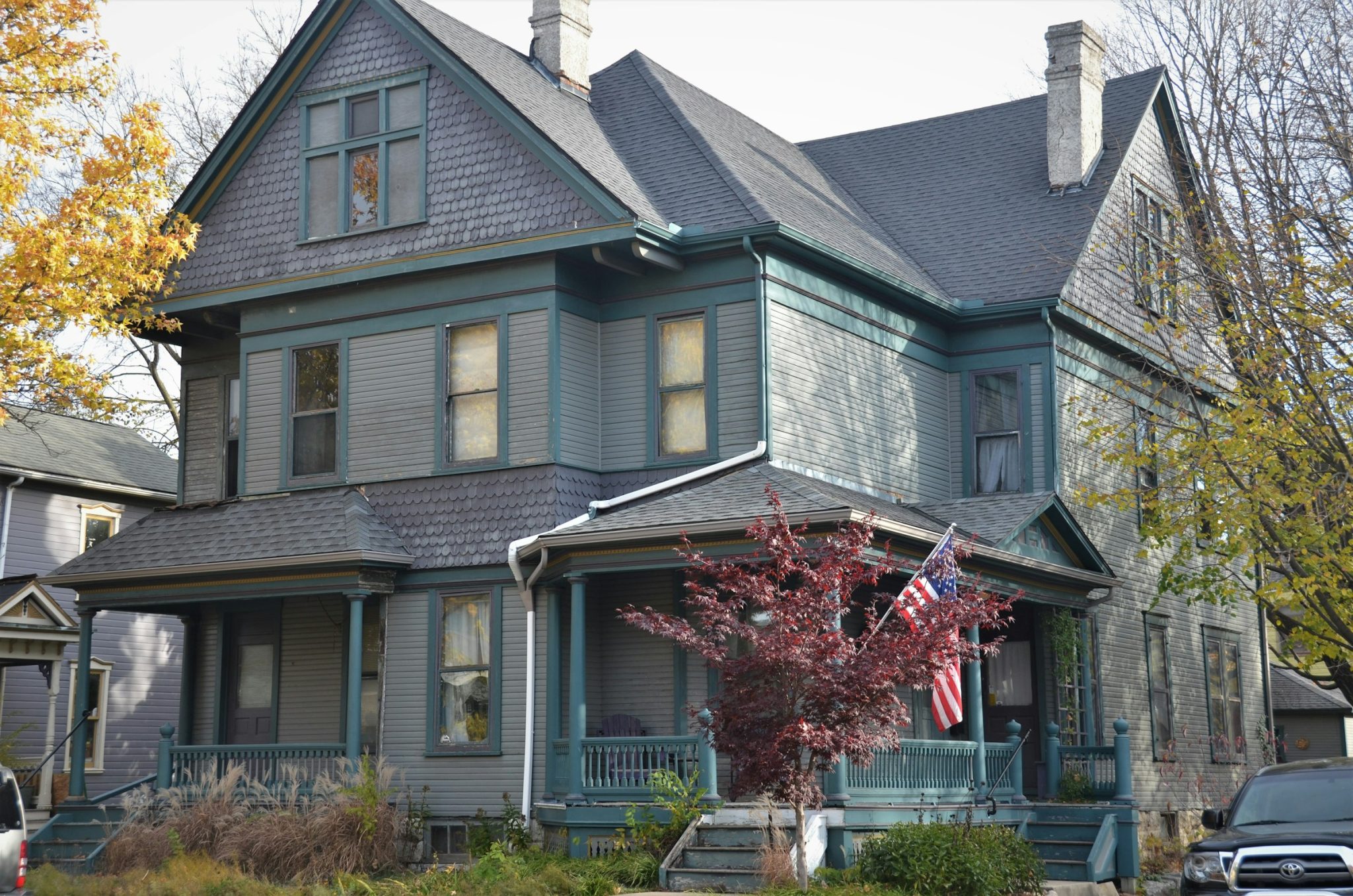Homeowners, the time may eventually come when a roofing project becomes a necessity. Whether it’s due to age, weather damage, or a simple desire to increase the value and aesthetics of your home, properly planning for such an undertaking is crucial. A well-executed, strategic approach not only ensures a rewarding and stress-free experience but also leads to a roof that will stand the test of time. In a market flooded with options, materials, and varying contractual quotes, a careful blueprint guarantees that you make the most of the investment and end up with a roof that’s not just over your head, but a head above the rest. This guide outlines the primary steps you should consider before hammering the first nail into your roofing project.

Table of Contents
Consult with Professional Roofing Experts
The first and most critical step in any roofing project is consultation with professionals. For many homeowners, the natural impulse is to begin planning and potentially executing the project themselves or with the work of a general handyman. This shortcut, however, can lead to a myriad of problems. Professional roofing experts bring decades of collective experience to the table, the experience that directly informs you about the range of options available to you. From style considerations to broad and detailed estimates, the insights you gain from these professionals are irreplaceable. Professional input can also be the difference between a project that adheres to local building codes and one that does not, potentially saving you from costly setbacks and legal trouble down the line.
Conduct a Thorough Roof Inspection
Before you even consider looking at materials, shape, or style, it’s imperative to understand the current condition of your roof. This involves more than a casual glance; a thorough inspection is in order. What aspects of the roof are functioning well? What requires immediate attention? Are there any underlying structural issues that a new roof could potentially exacerbate? An inspection can be a DIY task but is highly recommended to be carried out by a licensed roofing professional to ensure a comprehensive assessment. This will provide clarity and ensure the work that follows builds upon a solid foundation.
Choose High-Quality Materials
The material of your roof affects its lifespan, energy efficiency, aesthetics, and overall cost. There is no one-size-fits-all approach to roof materials, and what suits one home might not be ideal for the next. Different materials have unique properties; some are more durable, others more energy-efficient. Here’s where the input from your professional is invaluable, as they can guide you on options that make the most sense for your geographical area and home style. Investing in high-quality materials may cost more upfront, but the longevity and increased property value they bring far outweigh the initial expense.
Prepare a Realistic Budget
Budgeting is a part of the process often overlooked in the thrill of planning a renovation. However, setting a realistic budget is crucial. It should not only include the cost of materials and labor but also contingency funds for unexpected repairs or project expansions. It’s also wise to consider long-term costs, such as maintenance, repairs, or energy savings – these can influence your material choice and initial investment. For instance, while metal roofs may cost more upfront, they are low maintenance and last significantly longer than traditional asphalt shingles. A realistic budget ensures that there are no financial surprises along the way, allowing you to make an informed decision about the most suitable options for your home.

Plan for the Timing of Your Project
Depending on the scope of your project, roof work can be a significant disruption. Noise, debris, and fluctuating weather conditions all play a role in the timing of this project. It’s important to schedule your project at a time that not only suits your lifestyle but also considers the broader externalities. This includes being aware of local regulations that may put a hold on construction during certain months, or high-traffic times in your neighborhood that could negatively impact dump truck deliveries or waste collection. Even after the project is completed, there may be a need for follow-up maintenance or repairs that could impact your schedule. By carefully considering timing and planning accordingly, you can minimize the inconvenience of a roofing project and ensure it proceeds smoothly.
Ensure Proper Ventilation and Insulation
A new roof isn’t just about the shingles; it’s about the complete system. Proper insulation and ventilation can significantly impact the life and performance of your roof. By creating a balanced attic environment, you can avoid issues like ice dams and mold growth while maintaining your home’s energy efficiency. Again, professional advice here is key. An expert can design a system that works in harmony with your choice of materials and local climate, making it integral to the initial planning stages. Furthermore, this will save you from any costly surprises down the road.
In conclusion, planning for a roofing project isn’t simply about picking a shingle or a color; it’s a comprehensive approach that includes professional consultation, meticulous inspection, budgeting, timing, and an understanding of the roof as a system. By adhering to these steps, your roofing project will not just be about fixing problems, but about enhancing your home in every way, from increasing its value to assuring your family’s safety and comfort for years to come. The investment put into the planning of this critical piece of your home’s infrastructure is an investment in tranquility and long-term satisfaction.
- About the Author
- Latest Posts
Whether she is researching the latest trends in home decor, life-changing destination getaways, or the best way to maintain your finances, Dewey takes pride in leaving no stone unturned. She is passionate about distilling and delivering high-quality information that you can use to upgrade your life.

